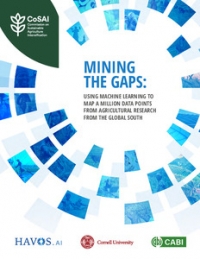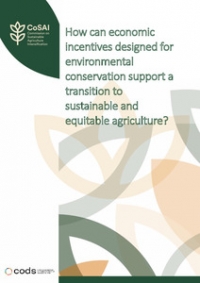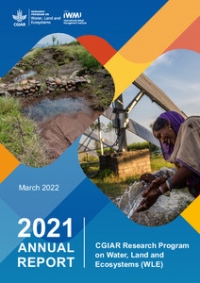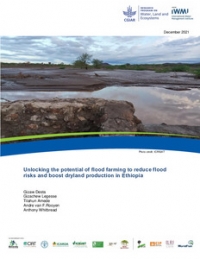Sunnyside Park hotel, Johannesburg, South Africa
Co-hosted by the Southern African Program on Ecosystem Change and Society (SAPECS) and the Guidance for Resilience in the Anthropocene: Investments for Development (GRAID) initiative, the resilience for development colloquium will look at methods and practices for how to better integrate resilience as a core strategy of development actions.
WLE and it's lead center IWMI will be co-hosting a session with Global Resilience Partnership (GRP), titled Moving Resilience Metrics to Practice on May 10th from 9:00-10:30am. The session will focus on a recent review of tools and methods used to assess resilience in agricultural development and climate change, which found that there is a serious need to improve these tools and their usage in order to meet practitioner objectives. The session will bring together practitioners in the field of resilience monitoring and evaluation to explore how best to fill the existing gaps, create stronger indicators, and make the tools and methods more practical and easy to use.
Key questions the session will explore are:
- What specific aspects of resilience needs to be reflected in relation to development targets, for example poverty and hunger goals?
- Which systemic changes in livelihood/wellbeing and ecosystems /environment are important to capture for building resilience, especially related to climate change and development in, for example, Sub-Saharan Africa, the MENA region, and parts of South Asia?
- What does a realistic tool look like? What is a relevant scale (spatial and temporal) for a decision maker or investor? Can we provide some guidelines on tool complexity?






















